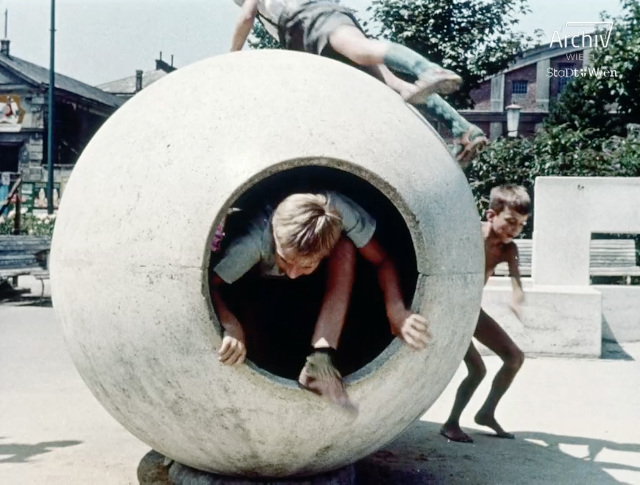Description
I would like to focus my presentation on the term “Policey”, which points to some special features that are at least partially still “aufgehoben” (preserved) in the German-speaking countries. Anyone planning events in Vienna, for example, has to deal with the so-called “Feuerpolizei” if there are a certain number of participants. Or most recently during the COVID-19 crisis, the “Sanitätspolizei” gained more attention.
Both terms cannot be translated into English, because they have no counterpart. In both cases, the term “Polizei” does not refer to “police”. In this lecture I would like to ask what the history of the term police tells us about our understanding of security. This question arises against the background of the current social crises and their longue durée.
In the following I would like to discuss the concept of safety using the example of children’s playgrounds in Vienna and elsewhere. The 20th century made urban playgrounds a subject of politics. The cultural-historical approach to the development of different types of playgrounds reveals various ideological approaches to play, more precisely to children’s play.
The very fact that playgrounds are often the first association, when the conceptual pair “play” and “city” is mentioned, already indicates a dominant ideology that sees urban space more or less as the opposite of play. In this reading, playgrounds protect children from the dangers of urban space, and conversely, they protect the rationalised functioning of the city from the uncertainties of children’s play with space. This idea of protection already hints at the overarching concept of security, which we are going to explore in the next few minutes.
* * *
Caption: Film still from “Einst und jetzt: Kinderspielplätze” (1964), produced by MA 7 – Kulturabteilung der Stadt Wien (Sign.: 231A/B–240A-C)
Titel der Veranstaltung
2023 DiGRA International Conference in Seville
Veranstalter*in
Digital Games Research Association


